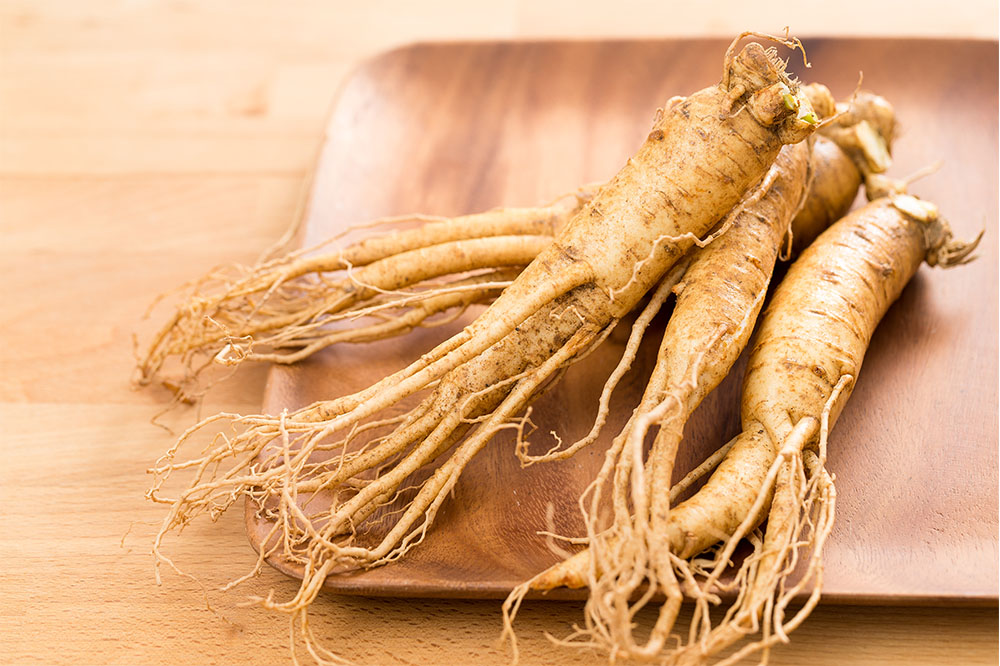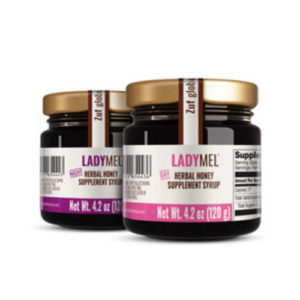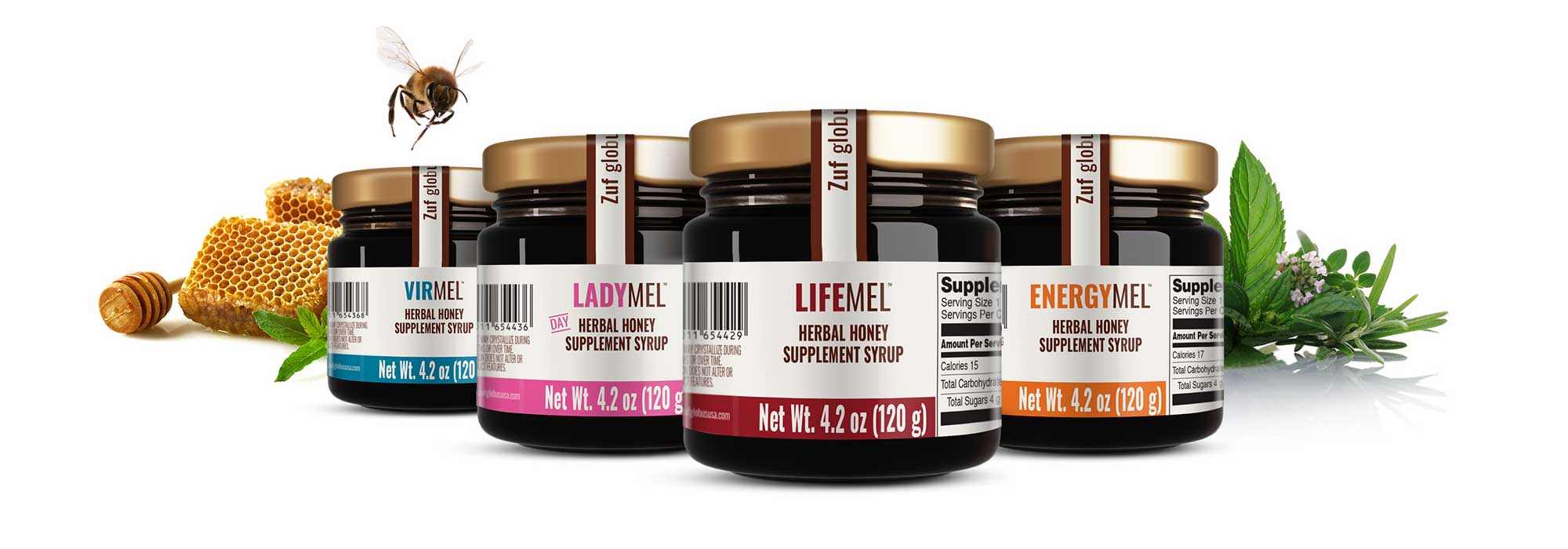Who am I? Ginseng
Ginseng is a type of ivy with thick roots that have been used extensively in Chinese medicine for thousands of years. Its natural habitat is cold regions, mostly northern China, Korea and parts of Russia.
Ginseng was named and studied by botanist Carl Linnaeus. The origin of the name “Ginseng” is Cantonese. The scientific name of ginseng, in English, is PANAX, which translates from Greek as “all-healing.”
Ginseng’s wellness history
Ginseng’s use in Chinese medicine dates back 5,000 years, which is why this plant is considered a “king of medicines.” The plant was introduced to western civilization in the 17th century, when the king of Siam (present-day Thailand) brought it to Paris as a gift for Louis XIV. The Western world quickly learned about the plant’s virtues, and ginseng became a popular solution for fatigue.
While many plants are known for one wellness benefit, ginseng is associated with several benefits. Over the years, it has been studied by western researchers who have scientifically validated some of its properties. Today, ginseng is a popular natural ingredient in dietary supplements.
The plentiful wellness benefits of ginseng
Ginseng is associated with:
- Supporting healthy chi energy levels of the lungs and spleen
- Supporting healthy sexual function in men
- Supporting healthy liver function
- Supporting healthy memory and cognitive abilities
- Supporting a healthy immune system,
- Managing stress
- Calming some menopausal symptoms













